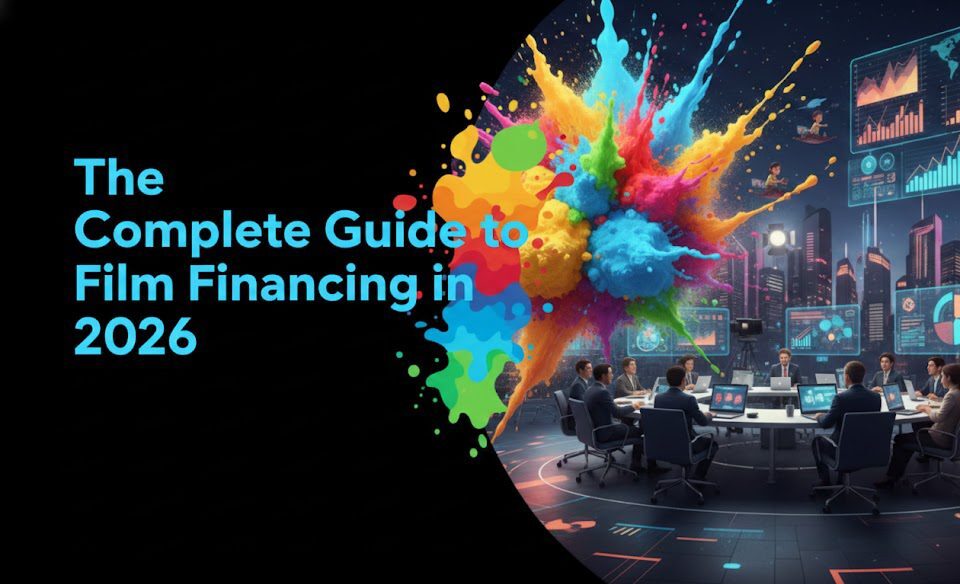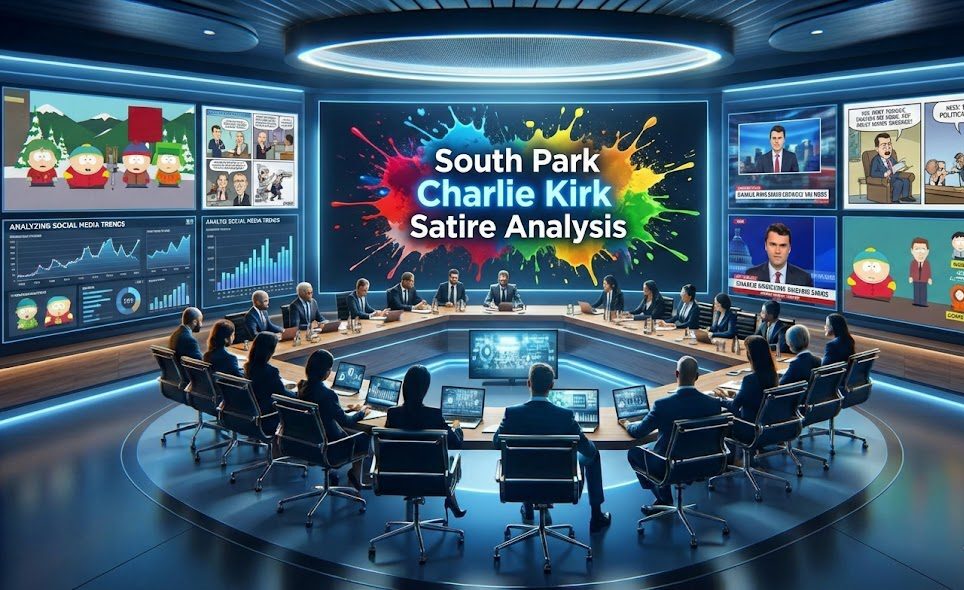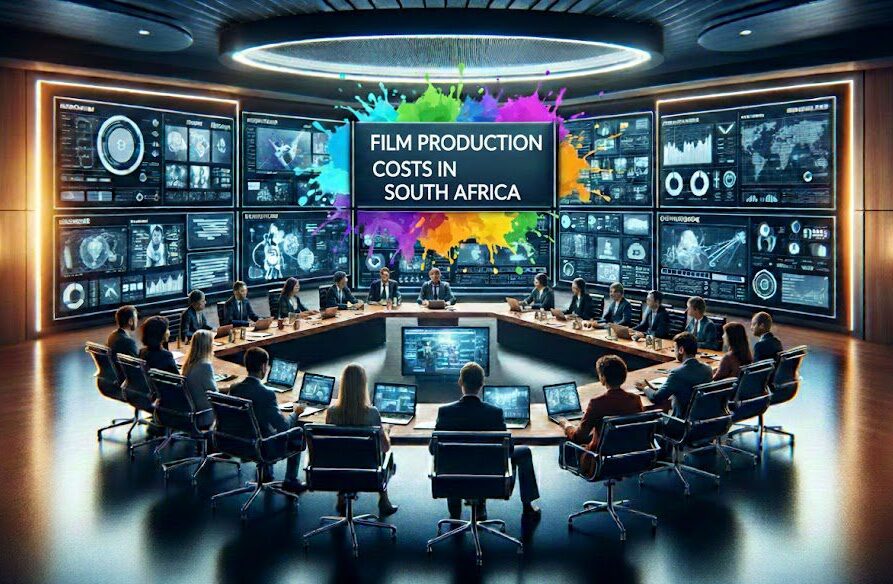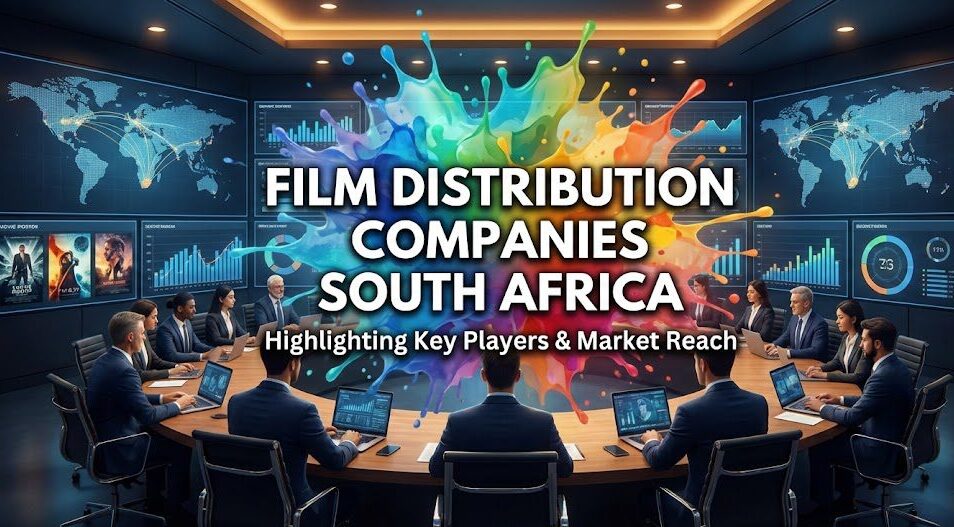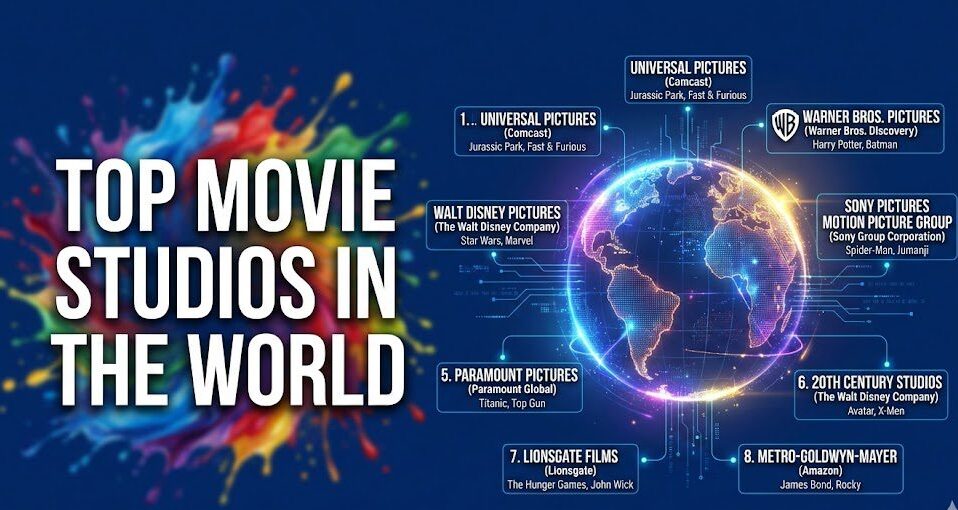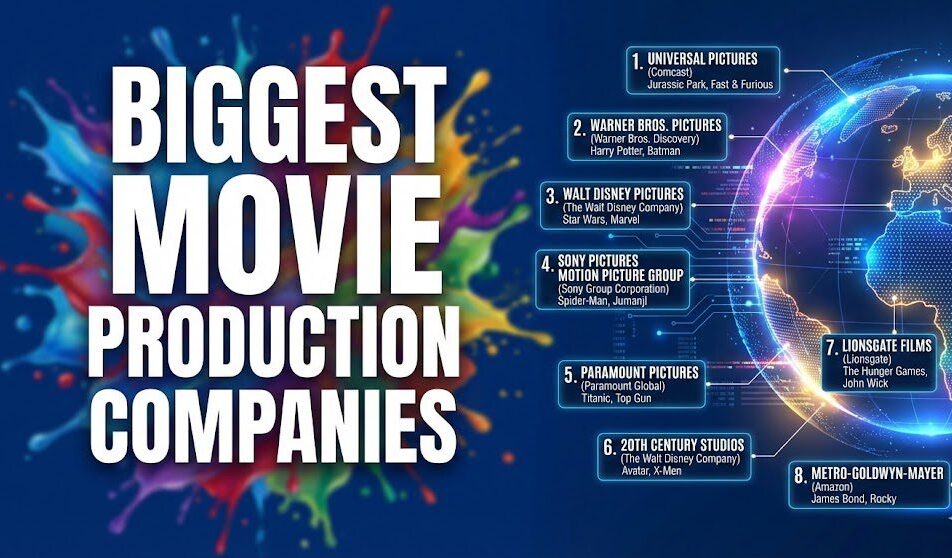Introduction
Hollywood is filled with industry jargon, and one of the most important terms in the film and TV business is “optioned.” But what does it really mean when a book, script, or idea gets optioned? More importantly, how does this process work, and what does it mean for content creators, production houses, and investors?
In this guide, we’ll break down everything you need to know about option agreements—how they function, why they’re critical to the entertainment industry, and how they help studios and producers secure the best content. Whether you’re a writer hoping to get your script optioned or a production executive scouting for the next big hit, this article will give you a complete understanding of how Hollywood secures and develops content through optioning.
Table of content
- Introduction
- What Does “Optioned” Mean?
- How Does an Option Agreement Work?
- Key Terms in an Option Agreement
- Who Benefits from Optioning Content?
- Option Agreements vs. Outright Purchases
- Real-Life Examples of Optioned Content
- Common Challenges in the Option Process
- How Vitrina Helps with Optioned Content
- Key Takeaways
- FAQs
Unlock Hollywood’s Content Pipeline with Vitrina
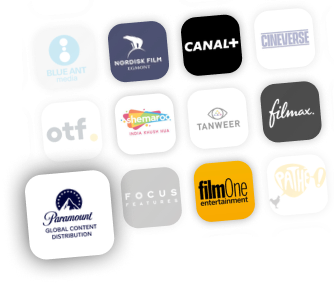
What Does “Optioned” Mean?
In Hollywood, when a script, book, or original concept is optioned, it means a producer, studio, or production company has secured the exclusive right to develop the project for a set period of time—usually for 12-24 months.
This agreement does not guarantee that the project will be made into a film or TV series. Instead, it gives the buyer (the studio or producer) the exclusive opportunity to further develop it, attach key talent, secure financing, and eventually move into production.
Think of it like renting intellectual property before deciding whether to buy it.
How Does an Option Agreement Work?
An option agreement typically includes:
- An option fee – A payment made to the rights holder for exclusive rights to the project.
- An option period – A specific timeframe (usually 12-24 months) in which the producer must decide whether to move forward.
- The purchase price – The pre-agreed amount to buy the rights if the project proceeds.
- Renewal clauses – Some agreements allow the studio to extend the option period for an additional fee.
During this period, the producer or studio works on:
- Developing the script
- Attaching directors, actors, and financing
- Pitching to networks or distributors
If the project moves forward, the rights are purchased and production begins. If not, the rights revert back to the original owner, and the studio loses exclusivity.
Key Terms in an Option Agreement
Understanding the legal terms in an option deal is essential. Here are some of the most important ones:
- Option Fee: The upfront payment to secure exclusive rights.
- Exclusive Rights: The buyer has sole control over the property for the duration of the agreement.
- Purchase Price: The agreed amount to buy the rights if the project is greenlit.
- Reversion Clause: If the project isn’t made, the rights return to the original creator.
Find the Right Production Partners on Vitrina
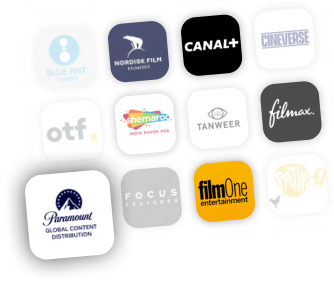
Who Benefits from Optioning Content?
For Writers & Creators
✅ Earn upfront money while keeping long-term ownership.
✅ Gain exposure to Hollywood’s production pipeline.
For Studios & Producers
✅ Secure exclusive rights before committing major budgets.
✅ Reduce financial risk by testing market viability.
Option Agreements vs. Outright Purchases
| Feature | Option Agreement | Outright Purchase |
| Upfront Cost | Low | High |
| Ownership | Creator retains unless executed | Studio owns immediately |
| Risk for Buyer | Lower | Higher |
| Commitment | Temporary | Permanent |
Real-Life Examples of Optioned Content
- The Witcher – Originally a book series, Netflix optioned it before turning it into a global hit.
- Game of Thrones – HBO optioned the rights to George R.R. Martin’s novels before production began.
- Harry Potter – Warner Bros. optioned J.K. Rowling’s books before buying full rights.
Common Challenges in the Option Process
❌ Projects get stuck in development hell.
❌ Studios may not renew the option.
❌ Rights holders may demand higher fees later.
How Vitrina Helps with Optioned Content
Vitrina simplifies the content optioning process by:
✅ Tracking every film & TV project worldwide to identify the latest optioned content.
✅ Profiling production houses & financiers to connect the right partners.
✅ Providing competitive intelligence on optioned deals, helping studios make informed decisions.
✅ Offering outreach tools to help rights holders find the best buyers.
With 72,000+ industry executives on the Vitrina platform, you can secure and develop the right content faster than ever.
Key Takeaways
✔ Optioning allows studios to secure rights before full commitment.
✔ Writers and creators benefit from upfront payments while retaining ownership.
✔ Vitrina helps track optioned projects and connect the right buyers & sellers.
Frequently Asked Questions
No, many projects remain in development and never reach production.
It varies, but typical option fees range from $5,000 to $100,000.
Yes, but securing a buyer is essential to move forward.




























